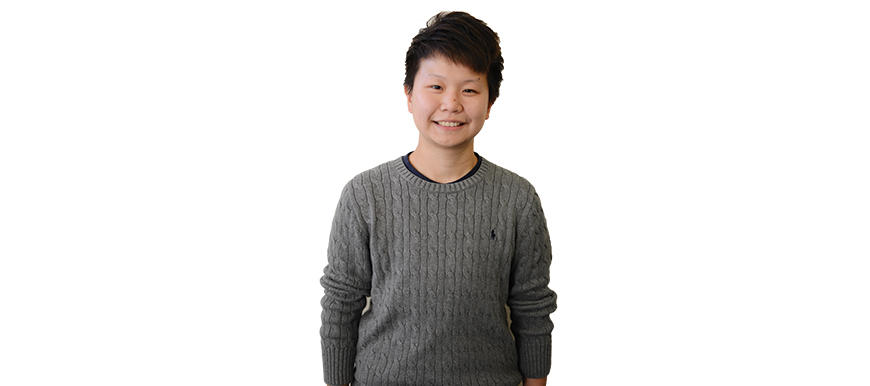Why you should care about Hong Kong
By now, you’ve probably seen photographs and videos of Hongkongers of all ages and social statuses huddled under umbrellas to avoid pepper spray and tear gas — all in the name of democracy.
It might seem like something happening far away to people you don’t know. It’s not.
Why should you care about the Umbrella Revolution? Because the very ideas of freedom, democracy and human rights that form the basis of life in the United States are being challenged. What destabilizes these principles 7,000 miles away weakens them here, as well. And what works to stabilize these principles there will work here, too.
Hong Kong was a British colony for more than 150 years before 1997, when it was returned to China under the Sino-British Joint Declaration. That declaration explicitly states that Hong Kong would retain its economic system and own government, separate from the Chinese Communist Party.
The declaration further promises that Hongkongers would have the right to vote in the election for the state’s chief executive in 2017, but Beijing recently changed the rules, saying the Communist Party would pre-screen potential candidates before allowing Hongkongers to vote.
Consider for a moment how you would feel — regardless of your own party alignment — if the politicians currently in control of the government in Washington D.C. suddenly declared that you could only vote for their candidates in Utah. What if, when you protested this illegal action, you were attacked with pepper spray and tear gas?
Who is responsible for this trampling of democratic rights? Well, in some ways, you are. According to the U.S. Department of the Treasury, China owns more than $1.4 trillion in U.S. debt.
Despite what has happened, protesters have maintained very reasonable demands.
“I think the government and police have their own duties and responsibilities, but they should also listen to the voices arising from the Umbrella Revolution and try to deal with it by communicating directly instead of ignoring or using violence,” said Tracy Wan, a Hong Kong student. “They should listen to people there first instead of keep on pushing their policy.”
The use of tear gas, in particular, has been heartbreaking for protesters who have long been told that Hong Kong was on the path toward true democracy.
Palyz Cheung once aspired to become a police officer in Hong Kong, “but not anymore,” Cheung said. “I was there. I saw them using the tear gas. At that moment, I knew I would never dream of being a police officer anymore. I am downhearted.”
Plusvin Lam, a volunteer first aid helper during the protests, is distraught. “Not because of the hopelessness of the consequence of this movement,” Lam said, “but the action imposed by the police.”
This is how people lose faith in democracy — not just by the anti-democratic actions of people in power, but by the complicity of institutions and individuals who are supposed to be there to sustain freedom and human rights.
These sorts of abuses don’t usually happen all at once, but slowly over time.
“‘This city is dying’ is a metaphor we Hongkongers often use to mock ourselves for living in a city that has been cruelly distorted by China,” said Susan Yuen. “Despite the disappointment of our puppet government, we managed to cope with the shit that we are forced to deal with — at least we strove to live — until what has happened recently.”
But Hongkongers are also providing a lesson to everyone in how to stand up to corrupt powers.
“This is my first time to come out for any class boycott or occupation action,” said Murphy Chan, a student studying at Hong Kong Baptist University. “My friends have been subjected in violence by the police, and this is not acceptable.”
“I don’t know how can I stay calm and just watching the TV at home,” said Hazel Sit, another student in Hong Kong. “When I saw the news… how can I stay at home? How can anyone still stay at home?”
Are you watching? Are you learning?
“Hong Kong is not just a city of China,” said Cherry Fung, an 18-year-old Hong Kong student who recently joined the protests. “Hong Kong is Hong Kong.”
And Hong Kong is you, too.
— Nga Ting “Candy” Chiu is a native of Hong Kong and a student at Utah State University.

